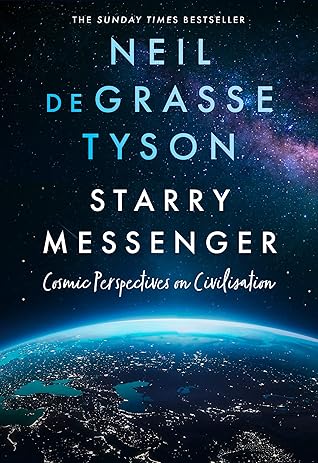More on this book
Community
Kindle Notes & Highlights
the nineteenth-century British essayist Walter Bagehot,18 One of the greatest pains to human nature is the pain of a new idea. But more of his quote tells it all: It is, as common people say, so “upsetting;” it makes you think that, after all, your favourite notions may be wrong, your firmest beliefs ill-founded…. Naturally, therefore, common men hate a new idea, and are disposed more or less to ill-treat the original man who brings it.
Yet feelings are a feature, not a shortcoming, of what it is to be human.
All I ask is to see accurate and authentic data, analyzed from all directions—free of bias and tunnel vision—before I layer my emotions upon it. In the end, we must live with the consequences of our decisions. After all input of facts and statistical analysis, our emotions may defy reconciliation with data. That’s okay too.
To exquisitely design a biological machine that turns grass into steak—or into milk, if you prefer.
A blunt truth of human existence: our three sources of energy—protein, carbohydrates, and fat—all come from killing and eating other forms of life in our ecosystem.
Nature carries no obligation to accommodate our limited capacity to interpret reality.
What hardly anybody talks about, but which astrophysicists know deeply, is that the colors from red through violet fall on a continuum.
At last count, there are at least seventeen nonconforming designations,2 each identifying fellow humans who are not cisgender heterosexual, itself referencing a person whose inner identity and gender correspond with their assigned sex and whose mating preference is the “opposite” sex.
Many people, who defend our cherished freedoms as citizens of the US, will argue against mandated masks, helmet laws, gun laws, seatbelts, and against anything else that constricts a person from living life the way they want. Odd that many of these same people will maintain or seek laws to restrict another person’s free expression of their gender identity.
Ever see Black children with so much facial acne that their classmate tormentors called them pizza face? Probably not.
AIMS’s mission expanded to include a targeted search to “unlock and nurture scientific talent across Africa, so that within our lifetimes we are celebrating an African Einstein.”
Time to note that the average rating of the top-ten chess players in Zambia, the heart of Africa, is higher than those of Luxembourg, Japan, United Arab Emirates, and South Korea.46 Let’s peek at each of these countries’ 2020 GDP per capita: Luxembourg $116,000, Japan $40,000, the United Arab Emirates $36,000, South Korea $32,000, Zambia $1,000.47
progressive Unitarian minister Theodore Parker would too, as he wrote in 1853:55 I do not pretend to understand the moral universe; the arc is a long one, my eye reaches but little ways; I cannot calculate the curve and complete the figure by the experience of sight; I can divine it by conscience. And from what I see I am sure it bends towards justice.
The great tragedy of Science—the slaying of a beautiful hypothesis by an ugly fact.
But wait, crowds can be shockingly irrational. They can morph into mobs where the sum of their collective brain power dilutes as the size of the mob grows.
Two sane people can observe the same events or phenomena and report them differently with equal sincerity and confidence in their own account.
The Bible, for example, often held up as a source of morality, is not a fertile place to find antislavery commentary, nor discussions of gender equality.
Which calls to mind the mostly true adage, “If an argument lasts longer than five minutes, then both sides are wrong.”
Overall, three out of four Republican voters13 support some kind of anti-abortion/pro-life posture, strictly enforced by laws, in spite of Republicans otherwise wanting less, not more, government in our lives.
Combined, the number of spontaneous abortions may surpass 30 percent of all pregnancies.18 So, if God is in charge, then God aborts more fetuses than medical doctors do.
Those who were seen dancing were thought to be insane by those who could not hear the music.
Who assessed humans as intelligent? Humans did.
One might suspect that any cavemen who craved lion meat were rapidly withdrawn from the gene pool.
Were you conscious before you were conceived? Did you complain, “Where am I? How come I’m not on Earth?” No, you simply didn’t exist, and if you’re lucky to be born, your nonexistence before life bookends your nonexistence after death.
The total number of people who have ever been born is about 100 billion. Yet the genetic code that generates viable versions of us is capable of at least 1030 variations.
On the whole, I don’t fear death. Instead, I fear a life where I could have accomplished more.
Life is also better than having never been born. But each of us is alive against stupendous odds. We won the lottery—only once. We get to invoke our faculties of reason to figure out how the world works. But we also get to smell the flowers. We get to bask in divine sunsets and sunrises, and gaze deeply into the night skies they cradle. We get to live, and ultimately die, in this glorious universe.


